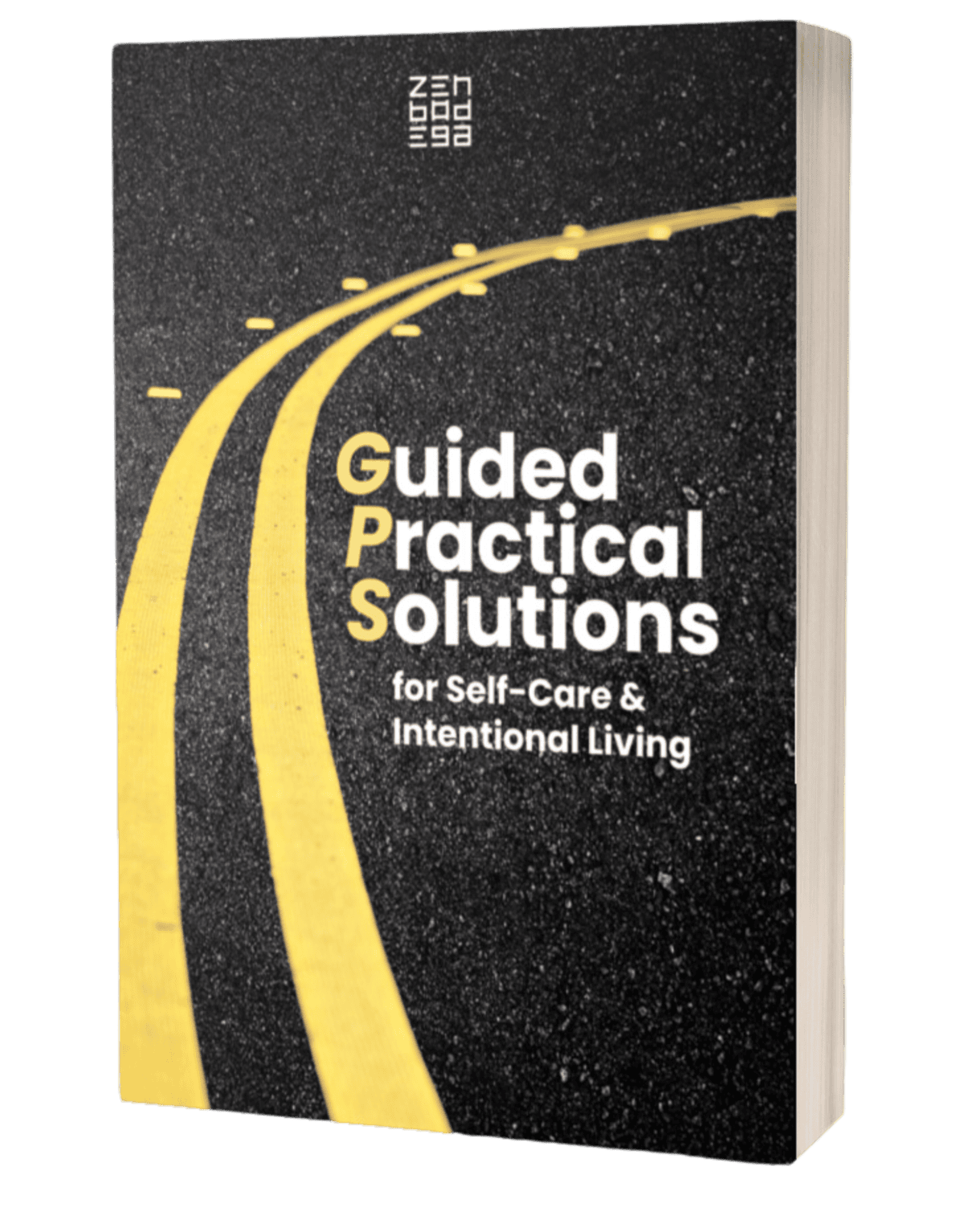Sing It Out: How Belting Your Favorite Tunes Can Beat Stress
Have you ever noticed how belting out your favorite song can make you feel a whole lot better? In a world that often feels like it’s moving too fast, bringing stress into our everyday lives, finding easy, reachable ways to fight off that stress is super important.
Whether it’s in the shower or behind the wheel, singing lets us express ourselves, boost our mood, and say goodbye to the day’s stress. Let’s discover together how hitting those notes in your favorite tune can be a big help in shaking off stress.

The Science Behind Singing and Stress Relief
When we sing, our bodies become instruments of change, not just producing melodies but also triggering a cascade of physiological reactions that can lead to significant stress relief.
The act of singing—whether belting out power ballads or humming soft lullabies—stimulates the release of endorphins, the body’s natural feel-good chemicals. This biological shift not only uplifts our mood but also leads to a decrease in cortisol, a hormone commonly associated with stress, thereby lowering our overall stress levels.
Furthermore, singing requires a level of focus and breathing that is akin to meditation, helping to redirect our attention away from daily worries and fostering a state of present-mindedness.
But the benefits of singing extend beyond the physiological; they reach into the depths of our brain’s emotional centers. Music and melody engage the amygdala, the part of the brain involved in processing emotions, and the prefrontal cortex, which governs our ability to make decisions and regulate emotions.
This engagement with the brain’s emotional centers can create a therapeutic release of feelings, providing a sense of relief and tranquility. As melodies weave through our neural pathways, they can also reinforce positive emotions and memories, further enhancing the stress-relieving effects of singing.
Through this intricate interplay between our physiological responses and the emotional impact of music, singing emerges as a powerful tool to combat stress, offering a simple yet profound way to restore harmony to our minds and bodies.
Singing Anywhere: The Shower, Car, and Beyond
Singing in the shower or car isn’t just a common habit; it’s a uniquely therapeutic experience that many of us indulge in, perhaps without fully understanding why these moments feel so freeing. These private spaces become our stages, where the fear of judgment falls away, allowing for uninhibited expression. The shower, with its enclosed acoustics, provides an intimate concert hall that can make even the simplest melody resonate deeply, both physically and emotionally. Similarly, the car offers a private sanctuary where one can belt out tunes at the top of their lungs, disconnected from the outside world.
The encouragement to find personal spaces where one feels comfortable singing out loud is about more than just singing; it’s about creating moments of self-care and emotional release in our daily lives. Whether it’s a secluded spot in nature, a beloved room in your home, or even a quiet corner of a public park, these personal oases can provide the backdrop for moments of genuine connection with ourselves. Through singing, we can tap into a wellspring of joy and peace within these personal retreats, recharging our spirits and shedding the weight of our stresses.
So, let the music flow wherever you are, and let your voice be heard, for in these moments of song, we find a powerful ally in our journey towards emotional well-being.
How Singing Lowers Our Stress Levels
Singing offers a myriad of benefits for stress management, making it an effective and accessible tool for everyone. Here’s how singing helps in reducing stress:
- Releases Endorphins: Singing triggers the release of endorphins, the brain’s “feel-good” chemicals, which can elevate mood and create a sense of happiness and well-being.
- Lowers Cortisol Levels: It has been found to decrease levels of cortisol, the stress hormone, in the body, helping to alleviate stress and anxiety.
- Improves Breathing: Singing involves deep breathing, similar to the breathing techniques used in meditation and yoga, which can help reduce stress. This controlled breathing can lower blood pressure and promote a calm state of mind.
- Enhances Mood: The act of singing, especially group singing, can lead to an increase in oxytocin, a hormone associated with bonding and trust, which can improve mood and foster feelings of connectedness and community.
- Shifts Focus: Singing requires concentration on lyrics and melody, which can serve as a form of mindfulness, helping to divert attention away from stressors and into the moment.
- Increases Confidence: Regularly engaging in singing can boost self-esteem and confidence, reducing feelings of stress associated with low self-worth or social anxiety.
- Promotes Social Connection: Singing with others can create a sense of belonging and support, providing a social outlet that can alleviate feelings of isolation and stress.
- Fosters Emotional Release: Singing allows for the expression of emotions, acting as an emotional release valve where feelings of stress can be expressed and processed, rather than bottled up.
Incorporating singing into your routine doesn’t require professional training or special equipment. Whether it’s singing along to your favorite tunes in the car, joining a local choir, or simply humming a melody while you work, the act of singing can be a simple yet powerful tool in managing stress and enhancing your overall emotional and mental well-being.
Practical Tips for Incorporating Singing into Daily Life
Incorporating singing into your daily life can transform your routine into a more joyful and stress-free experience. Here are some practical tips to help you make singing a regular part of your day, overcome any self-consciousness, and choose songs that uplift and soothe your spirit:
Making Singing a Regular Part of Your Routine:
- Create Playlists: Compile playlists of your favorite songs that evoke different emotions. Have a playlist for energizing mornings, another to boost your mood during the day, and one to calm you down in the evenings.
- Use Karaoke Apps: Karaoke apps can be a fun way to practice singing and learn new songs. They can guide you through the lyrics and melody, making it easier to sing along.
- Set a Singing Time: Dedicate a specific time of day for singing. It could be during your morning shower, on your commute to work, or as a part of your evening unwind routine.
Overcoming Self-Consciousness:
- Start in Privacy: If you’re feeling self-conscious, start by singing alone in a private space where you feel comfortable. This could be your car, shower, or a secluded spot in your home.
- Join a Choir or Group: Once you’re more comfortable, consider joining a choir or a casual singing group. Being around others who share your interest can boost your confidence.
- Remember the Joy: Focus on the joy and release that singing brings, rather than on how well you think you sing. Singing is about expression, not perfection.
Choosing Songs That Uplift and Soothe the Spirit:
- Select Positive Lyrics: Look for songs with positive, uplifting lyrics that resonate with you. The words you sing can influence your mood and outlook.
- Vary the Genres: Explore different genres to find what best suits your mood at different times. You might enjoy upbeat pop songs in the morning and soothing classical or jazz tunes in the evening.
- Personal Favorites: Include songs that have personal meaning to you. These are often the ones that can most powerfully uplift and soothe your spirit.
Incorporating these tips into your daily life can help make singing a joyful, therapeutic, and regular part of your routine. By embracing the act of singing, you open yourself up to a world of emotional expression and connection, enhancing your well-being and reducing stress.
The Takeaway
Singing, it turns out, is more than just a fun way to pass the time—it’s a real stress-buster, accessible to everyone, regardless of whether you’re hitting those high notes perfectly or just making a joyful noise. We’ve talked about how singing can lift your mood, connect you with others, and even calm your nerves, all without needing to be a pro. So, why not give it a try?
Next time you’re feeling the weight of the world, turn up your favorite song and sing along. Whether it’s in your car, your kitchen, or anywhere else, let the music flow. It’s a simple, powerful way to sprinkle a little more joy into your day and chase those stresses away. After all, when it comes to singing, it’s the heart that matters most, not the pitch.




